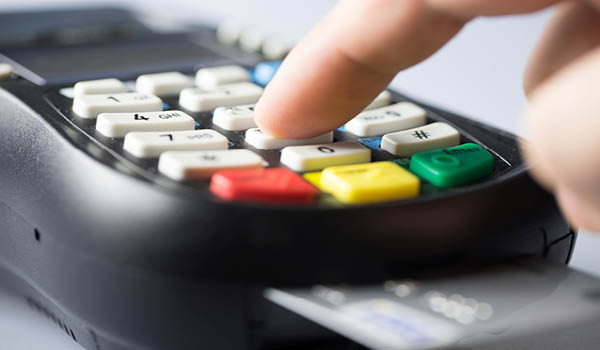Retail spending rose 3.6 per cent year on year in March 2016, according to the latest figures released by the Australian Bureau of Statistics (ABS), highlighting soft retail sales growth in a number of categories.
Russell Zimmerman, executive director of the Australian Retailers Association (ARA), said the soft sales figures are a sign the retail sector is still facing challenges, with the pending Federal Election also weighing on sales and confidence creating uncertainty business and consumers are looking for real economic leadership.
“Overall, the sales figures in March illustrate that consumers are still holding on to their purse strings and discretionary spending remains tight with there being little doubt an extended Indian Summer has impacted on department store sales with deflation hitting food sales,” Mr Zimmerman said.
Year on year figures provide the most accurate measure of the sector’s performance and are the figures used by most retail businesses in their own reporting. March 2016 sales showed a 0.4 per cent increase over February 2016 (month on month).
March’s sales growth was led by household good retailing, which grew 5.8 per cent; followed by clothing, footwear and personal accessory retailing, 5.2 per cent; other retailing, 3.6 per cent; cafes, restaurants and takeaway food services, 3 per cent; and food retailing, 2.9 per cent.
By state, the ACT recorded the highest growth at 6.9 per cent; followed by Victoria (5.3 per cent; New South Wales (4.9%), Tasmania, 3.8 per cent; South Australia, 3.1 per cent; Western Australia, 1.2 per cent; Northern Territory, 1.1 per cent; and Queensland, 0.9 per cent.
“Overall, the figures may be a reflection of consumer nervousness in discretionary spending due to instability with the Federal election and weak indicators from overseas. The federal election couldn’t come soon enough to restore certainty.
“Retailers are facing significant cost pressure at the moment with this week’s Federal Budget and interest rate cut being a positive, we are also needing the Government and Opposition to step in and increase consumer confidence by showing strong economic leadership and reform as part of their election campaigns,” Mr Zimmerman said.

